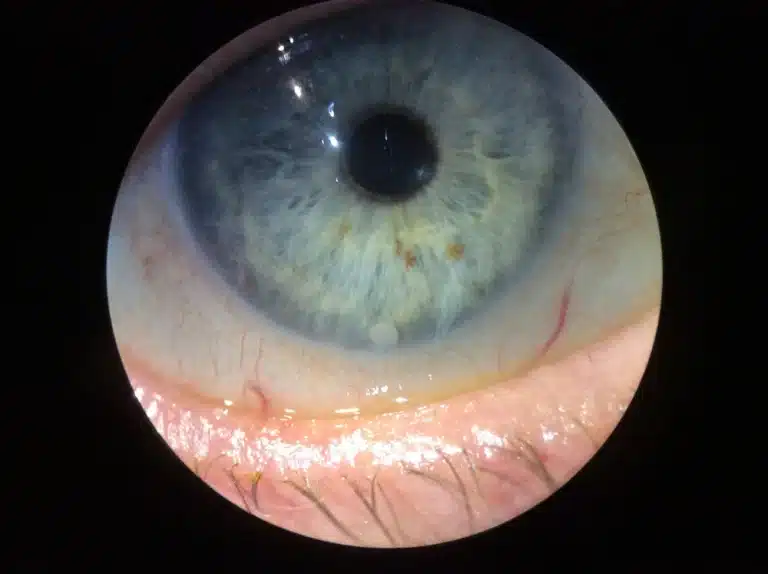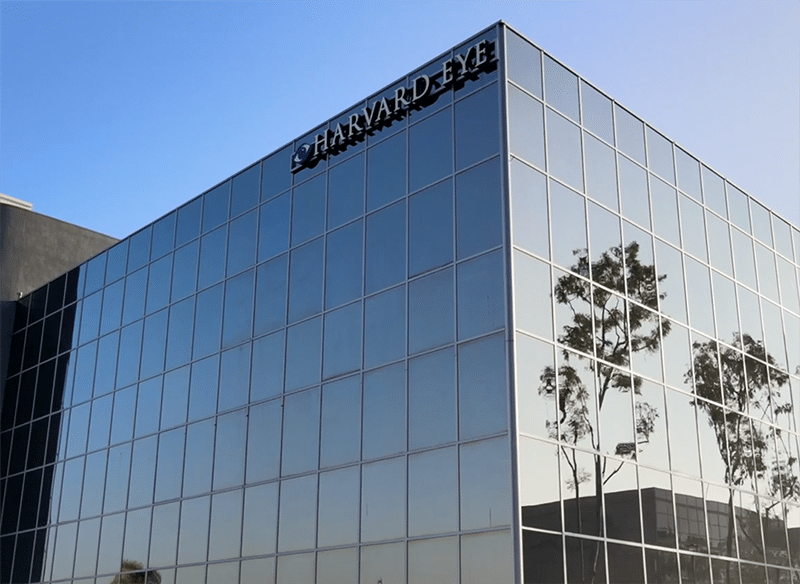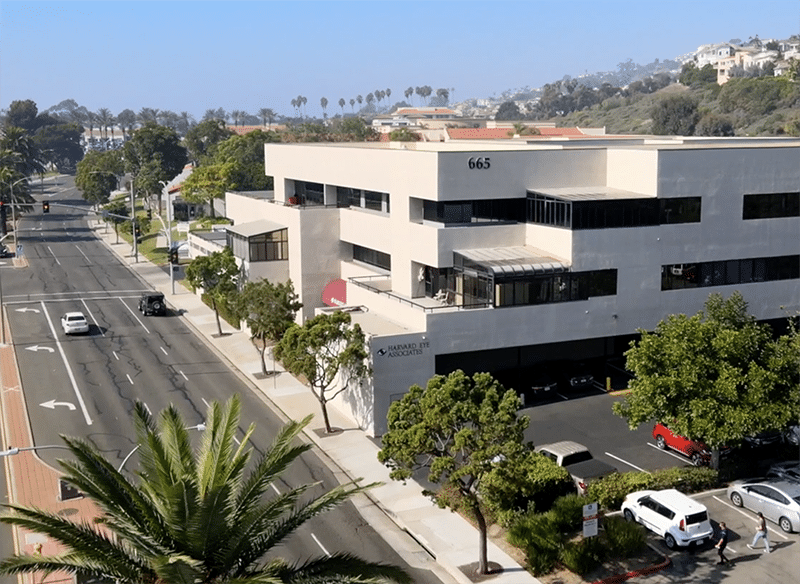Harvard Eye Associates at ASCRS 2025: Advancing Cataract, Refractive, and Glaucoma Surgery
The 2025 ASCRS Annual Meeting is the premier event for cataract, refractive, corneal, and glaucoma surgeons, showcasing groundbreaking innovations in ophthalmology. Harvard Eye Associates is at the forefront, with Dr. John A. Hovanesian, Dr. Savak Teymoorian, and Dr. Ashraf F. Ahmad presenting on AI in ophthalmology, refractive cataract surgery, corneal transplant techniques, glaucoma interventions, and…
Read MoreInterventional Glaucoma: Top 5 Things Every Patient Should Know
Glaucoma is a leading cause of irreversible vision loss, affecting millions worldwide. Traditionally, treatment has relied on prescription eye drops, but many patients struggle with side effects, adherence, and costs. Interventional glaucoma is a modern, procedure-based approach that helps reduce dependence on medications while preserving vision and improving quality of life. If you’re looking for…
Read MoreRaising Awareness: The American Glaucoma Society’s Family Matters Program
By Ye Elaine Wang, MD Glaucoma, often referred to as the “silent thief of sight,” affects millions of individuals worldwide. It’s a condition that can have a profound impact not only on those diagnosed with the disease but also on their loved ones. Glaucoma damages the optic nerve, which can lead to irreversible vision loss…
Read MoreAdvice for your first medical mission
By: John A. Hovanesian, MD, FACS One of the strongest motivators for choosing a career in medicine is a sense of duty to help our fellow man. Through our early medical training, many of us gain a special desire to help those in far-reaching places where medical care is less abundant. As a relatively new…
Read MoreOpportunities and challenges for digital innovation in medicine
By: John A. Hovanesian, MD, FACS Believe it or not, it’s only been 15 years since the use of electronic health records became common in the U.S. Many of our early-career colleagues grew up in medicine with these systems already in place and never experienced the challenges of starting to use EHR when these systems were not really…
Read MoreReal-world Pearls for iDose TR Implantation
Information on initial experience complements clinical trial data. By: Savak “Sev” Teymoorian, MD, MBA In recent years, glaucoma specialists have witnessed exciting therapeutic developments aimed at addressing important unmet clinical needs for patients. Topical agents often remain first-line therapies in the armamentarium, with demonstrated efficacy and safety results in the clinical trial setting. However, as…
Read MoreNew Treatment Option to Reduce Eye Pressure in Patients with Ocular Hypertension and Open-Angle Glaucoma
iDose® TR helps patients with glaucoma take long-term control of high eye pressure Laguna Hills, CA, February 20, 2024 – Harvard Eye Associates is proud to announce the availability of iDose® TR (travoprost intraocular implant) 75 mcg. iDose® TR is a new, FDA-approved treatment that is designed to provide long duration, continuous drug therapy directly…
Read MoreHarvard Eye Associates Physician Named on The Ophthalmologist’s 2023 Power List
Laguna Hills, CA, April 12th, 2023 – An ophthalmic surgeon, John Hovanesian, M.D., from Harvard Eye Associates was named as one of the 100 most influential people worldwide in eye care by the UK publication The Ophthalmologist. This year’s “Power List” has a special focus on “10 Years of Excellence and Impact” in ophthalmology. The…
Read MoreHarvard Eye Associates is the first to implant the new IC-8® Apthera™ intraocular lens in Orange County, CA
The IC-8® Apthera™ intraocular lens is the first and only small aperture lens for cataract surgery Laguna Hills, Ca. — Harvard Eye Associates, a multi-specialty ophthalmology practice, implanted the first IC-8® Apthera™ intraocular lens (IOL) in Orange County, CA since US FDA approval of this new implant. The Apthera™ lens is the first and only…
Read MoreInnovation changing the philosophy of glaucoma treatment
Innovation is changing the philosophy of glaucoma treatment from a drop-dependent approach to an interventional, procedure-based approach, according to Savak Teymoorian, MD. “In the pursuit of making glaucoma care better, we ask ourselves, what can we do to improve our patients’ therapy? We realized that eye drop options, as they stand, simply wouldn’t be the…
Read More




